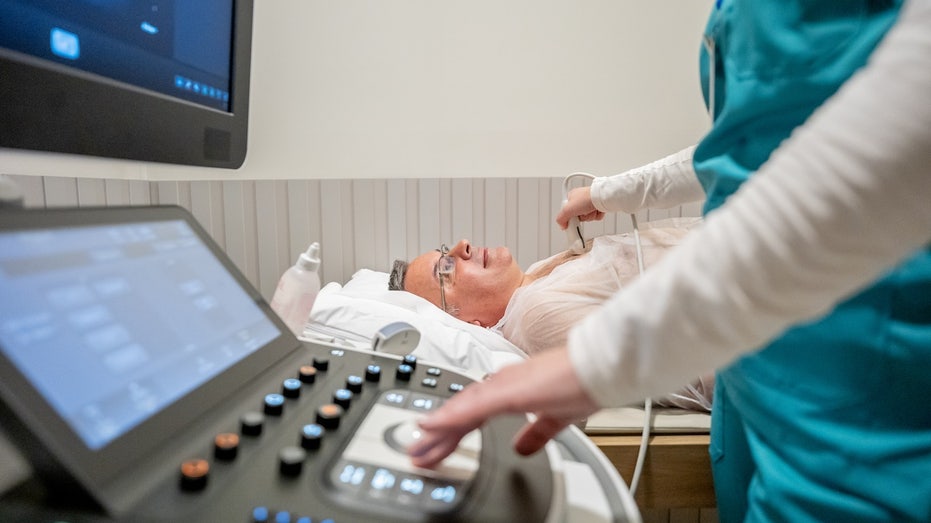Simple Heart Test Could Save Your Life

Sarah Johnson
March 1, 2025
4 min read
Brief
Discover how coronary artery calcium (CAC) scoring detects heart disease risk early. Learn about its benefits, results interpretation, and steps for prevention and heart health.
Heart disease remains the leading cause of mortality worldwide, accounting for a staggering 32% of all deaths. But before you resign yourself to a fate of restrictive diets and constant worry, there's good news: early detection is increasingly accessible.
One key tool in the fight against heart disease is the coronary artery calcium (CAC) score, a specialized CT scan that measures calcium buildup in the arteries. Dr. Robert Segal from Manhattan Cardiology explains that this calcium accumulation indicates plaque buildup, a primary cause of heart disease. Basically, the higher your score, the greater your risk of heart attack, stroke, or other cardiac issues.
Dr. Bradley Serwer of VitalSolution notes that a score of zero indicates minimal risk, while anything above 400 signals high risk. The scan itself is quick and uses low-dose CT technology to produce an "Agatston score," which quantifies the amount of calcium present. It's a non-traditional risk factor, not as widely known as cholesterol checks or blood pressure readings, but awareness is growing as research highlights its value. Early identification allows for preventive measures like lifestyle changes or medication.
If your score is low, keep up the good work and monitor your risk factors. A mild plaque buildup warrants lifestyle adjustments such as diet improvements and exercise. A high score means it's time to consult your doctor about risk reduction strategies, possibly including statins.
Generally, a zero score means you're good for about five years before needing another scan. For elevated scores, consult a cardiologist to determine if further testing is needed. The test is often used alongside other risk factors like cholesterol, blood pressure, and diabetes to determine who needs aggressive medical therapy for primary prevention.
In terms of risk, the CAC scan is comparable to a mammography: fast, noninvasive, and using a small amount of radiation without dye injection. However, it only measures current calcium levels and can't detect soft plaque that hasn't solidified. Also, a zero score doesn't mean zero risk, especially for those with diabetes or who smoke.
If you're between 40 and 70 with risk factors like high cholesterol, high blood pressure, or a family history of heart disease, talk to your doctor about getting a CAC scan. It's performed in most radiology departments and requires no special preparation. Coverage varies by insurance plan, so check with your provider. Medicare doesn't currently cover it for asymptomatic individuals.
For more information, visit www.foxnews.com/health.
Topics
coronary artery calciumCAC scoreheart disease detectionAgatston scorecardiac riskplaque builduppreventive cardiologyCT scanheart healthearly detectionHealthHeart DiseasePreventionMedical Tech
Editor's Comments
Honestly, anything that can help us get ahead of heart disease is worth looking into. It's great to see that there are proactive steps we can take, like this CAC scan, to catch potential problems early. Prevention is always better than cure, right?
Like this article? Share it with your friends!
If you find this article interesting, feel free to share it with your friends!
Thank you for your support! Sharing is the greatest encouragement for us.



